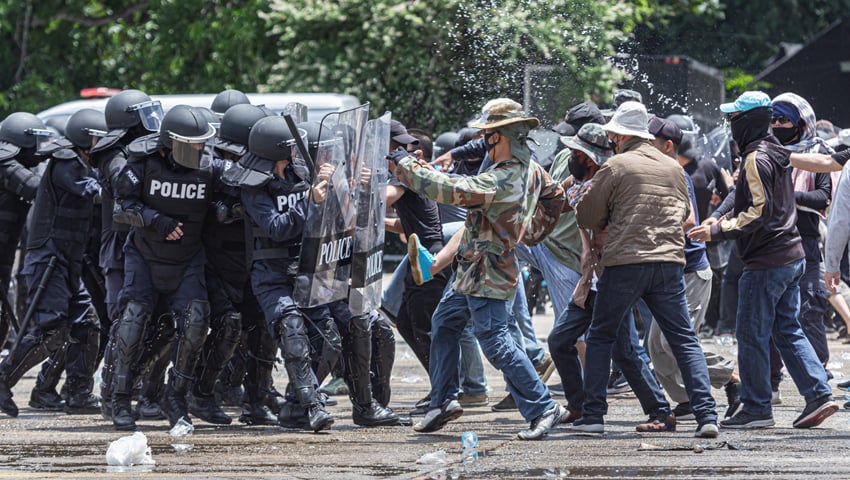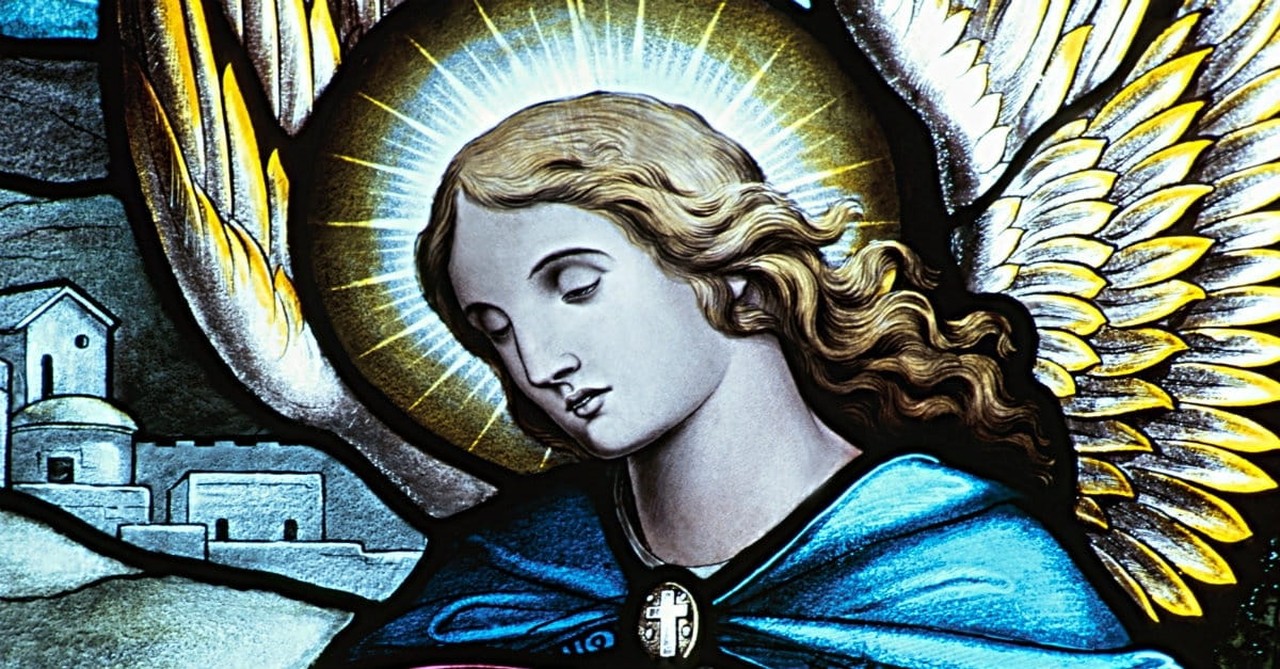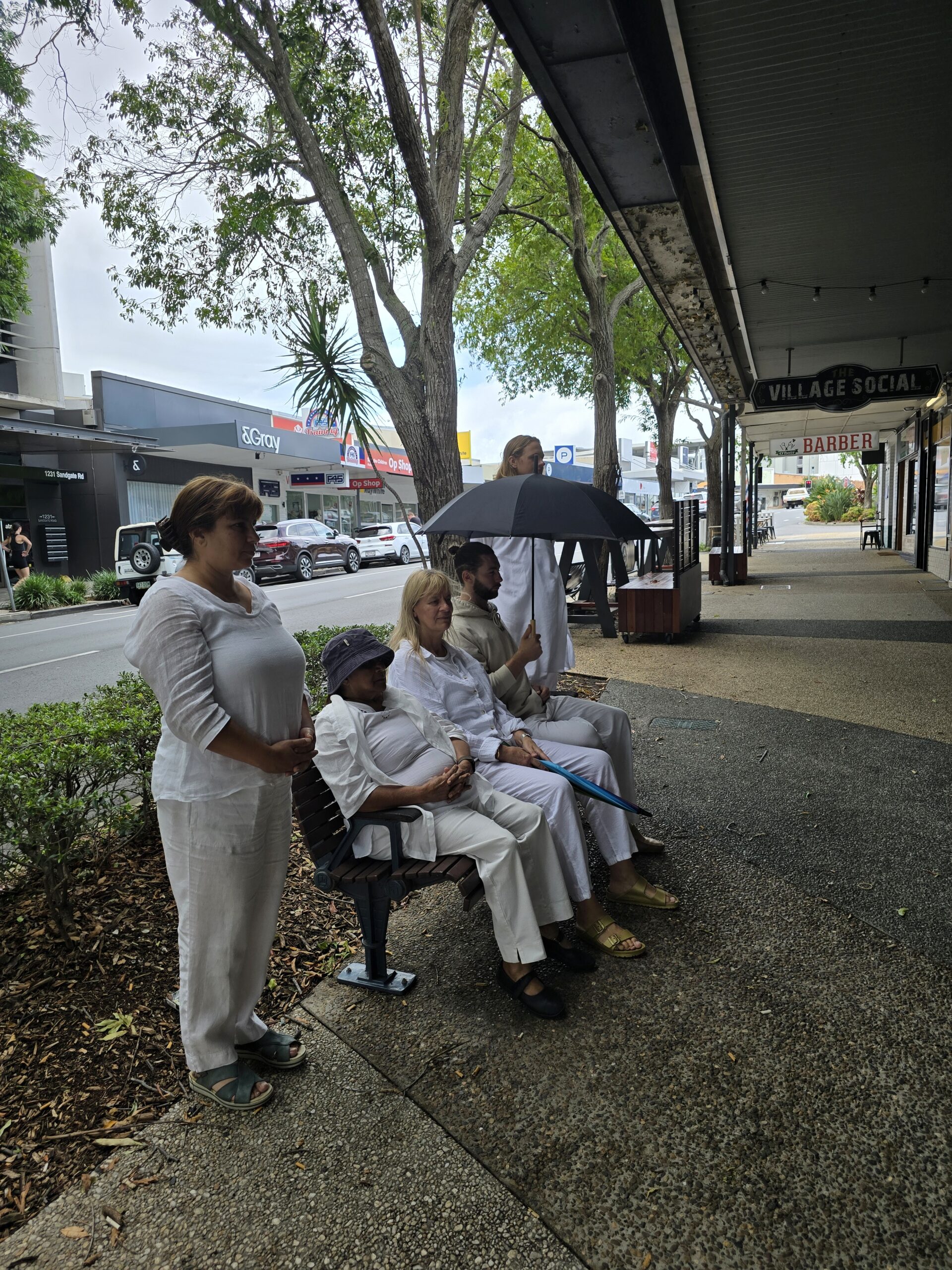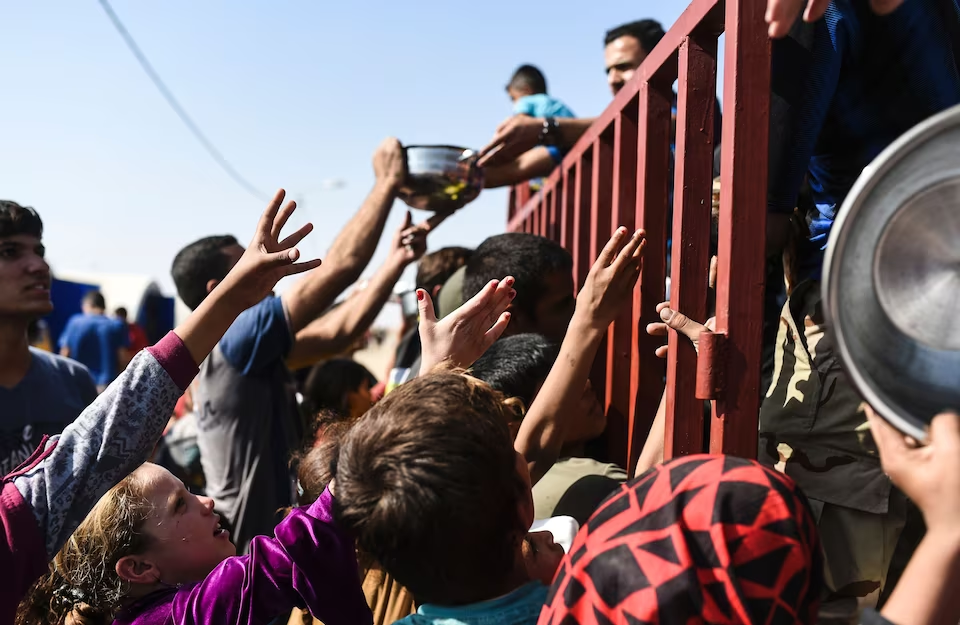Chapter 3
Five days into the blackout, the suburb had changed. What began as panic had evolved into a fractured reality—some areas were organizing themselves, but others were descending into lawlessness.
At dusk, a new threat emerged.
He called himself Razor.
He wasn’t just hungry or afraid—he was angry. A former gang enforcer from the city’s underworld, Razor had seen society collapse before, in smaller ways. He didn’t trust anyone who “preached peace.” To him, weakness wore a robe. And he’d heard rumors of the “fortress in Nundah” hoarding supplies. He saw it as an opportunity.
That night, under the cover of storm clouds and wind, Razor arrived at the citadel with two others—armed with metal rods and homemade weapons. They didn’t attempt the fence this time. They came to smash through the back door, where deliveries once came in. He was methodical, checking blind spots, cutting through a security wire with a bolt cutter. This wasn’t desperation. It was predation.
Inside, the citadel was quiet—but not asleep.
Mira felt it first. A ripple through the atmosphere. She rang a small bell beside her—three soft chimes. The message was clear: this was not a test. The community moved as one, silently. Doors were locked from within. Children were ushered into the prayer hall. The outer ring of peace-keepers, trained in non-confrontational defense, moved to their stations.
Razor and his crew broke through the first door.
But what greeted them was not fear—it was light.
Lanterns lined the hallway. A soft chant echoed through the space. At the end of the hall stood a single figure: Ishaan. Alone, still, centered. No weapon. No threat.
Razor sneered. “Step aside, monk.”
“I won’t,” Ishaan said. “But I won’t fight you either.”
Razor surged forward—but as he did, two others stepped in behind Ishaan. Not to fight, but to witness. The trio stood firm, embodying stillness like a wall of human stone.
At that moment, a brilliant light filled the hallway. Not from the lanterns—but from the prayer hall beyond, where fifty souls had gathered in meditation, sending waves of concentrated love and divine protection. The very air shimmered.
Razor staggered. His crew hesitated.
“I don’t know what this is…” he growled, his voice trembling. “But I’m not going in there.”
He turned—and fled.
Later, he would tell others, “That place… it’s not normal. There’s something there. Don’t mess with them.”
The citadel, once a forgotten Salvation Army building, was now becoming myth. Not because it fought fire with fire—but because it stood like a lighthouse in a storm, unwavering.
Would you like to explore Razor’s redemption… or how the citadel begins to influence the wider community from here?
4o
You said:
The wider community please




Leave a Reply